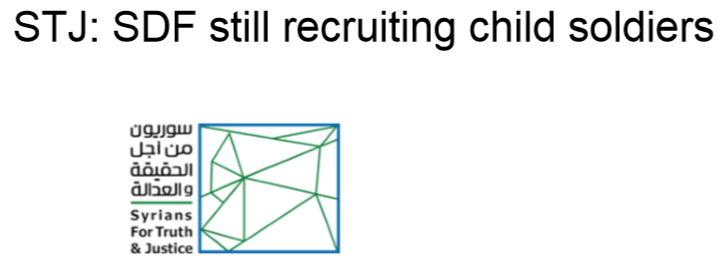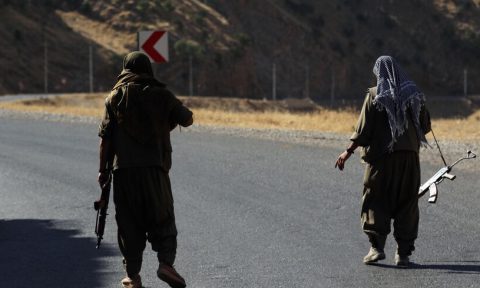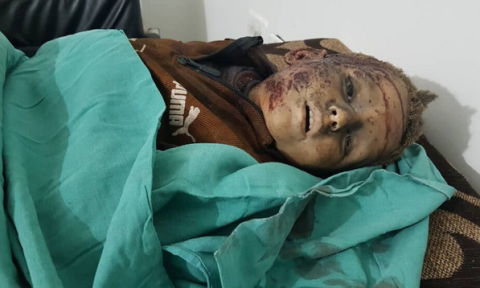A member of the Kurdistan Democratic Party of Iran(KDPI), Bakhtiar Goran, reacted to the assassination of Dr. Mohsen Fakhrizadeh, a nuclear scientist in Iran, on his Twitter account, expressing satisfaction with the terrorist act and calling the Iranian government as “taking a dual approach” on terrorism and “accused of killing”Abdul Rahman Ghassemlou and Sadegh Sharafkandi”. Mr. Goran’s short Twitter text contains very contradictory points with his and his party’s constant claims and even the party’s claim title.
The following is the definition of terrorism in the book “Terrorism” by Javad Mirshekari: “Although there is no clear and unified definition of terrorism and there is disagreement about it, any illegal use of violence or intimidation, especially against civilians for pursuing political, religious or ideological goals is called terrorism or intimidation.” Today, terrorism has taken many different forms: economic terrorism, environmental terrorism, narco-terrorism…
Double Standard Approach
Mr. Bakhtiar Goran accuses Iran of “double standard” policy while expressing satisfaction with the assassination of a nuclear scientist. That is, he looks at terrorism selectively and condemns it only when it is against his own interests or those of his party and but allows it for others. Believing in “good terrorism and bad terrorism” destroys the credibility of the writings of the person who believes in it. One cannot believe in terrorism while expressing joy at a terrorist act. Mr. Goran supports terrorism while the government of his residence, the United Kingdom, has also condemned the act as terrorist. That is, he does not even believe in the norms of the country where he resides, and he has the intellectual background to engage in terrorist acts in that country.
A terrorist is not only someone who is directly responsible for an act, but also those who command and encourage any terrorist act. Now, if Mr. Bakhtiar Goran’s remarks are his personal views, he will undoubtedly be among the instigators of terrorism, but if the views are of his party’s, this party will be in that position.
Murder of Abdul Rahman Qasemlu and Sadegh Sharafkandi
For all those who are members of the KDPI or are familiar with it, the issue of deep differences rising even to the extent of conflict has been and is a common thing in this party. A clear example of this is the split of the party, which is still going on. These differences were also acute during the time of Abdul Rahman Ghassemlou and Sadegh Sharafkandi. Ghassemlou was assassinated in Vienna, Austria, in an apartment without any protective measures by the Austrian police, while any formal negotiations between a country or a country or other party or group are carried out with the necessary coordination of the government where the negotiations take place. Necessary security measures are being taken, but there was no such thing about Ghassemlou and his counterpart, and it is not clear whom he met in a private apartment that led to his murder. The fact that he was a prominent opponent of Iran cannot be a reason for his assassination by Iran. If such an issue is the basis of the argument, why not to attribute it to Saddam Hussein. Ghassemlou was Saddam Hussein’s economic adviser during the days of the chemical bombing of Halabcha, Kurdish city, and the killing of thousands of Kurds by Saddam Hussein. Ghassemlou did not even verbally condemn the attack! After a while, his relationship with Saddam, like the rest of the Kurds, deteriorated. He also sided with Saddam. Based on the argument of Mr. Bakhtiar Goran and his party, it is possible to say that Saddam was the perpetrator of Ghassemlou’s assassination, a common occurrence in the Ba’athist regime. On the other hand, the case of Ghassemlou’s murder was investigated in an Austrian court – not Iranian – and was finally closed due to the lack of any necessary evidence and the uncertainty of the perpetrators of the murder. The court verdict is the most credible document to refute any allegations of murder by Iran.
The KDPI should be asked: How do you claim to defend the Kurds when you are not able to save the life of your secretary general? After Ghassemlou, why couldn’t you save the life of your new secretary general? Weren’t these killings an internal settlement? Isn’t accusing Iran an attempt to project and divert attention from the main issue, which is the internal murder? Ghassemlou disagreed over power not only with Sharafkandi but with all senior members of the KDPI. Abdul Rahman Haji Ahmadi, according to himself in an interview with Kurdane Radio, was a member of the KDPI before being appointed as head of PJAK, and coordinated with Ghassemlou before coming to Iran. Ghassemlou came to Iran through Baghdad airport and passing illegally the Irano-Iraqi border- this is significant – Haji Ahmadi came to Mahabad through Turkey and the Sero land border in West Azerbaijan. But according to him, after a short time, due to strong differences with Ghassemlou and Ghassemlou’s strong dictatorship, he got angry and returned to Germany to leave the KDPI forever.
Conclusion
One cannot speak onterrorism with a dual standard mentality. There is no good or bad terrorism. Terrorism is bad under any circumstances, and even many European and American officials – despite serious differences with Iran – have condemned the assassination of Dr. Mohsen Fakhrizadeh, but those who claim to defend the Kurdish rights and want to talk to Iran are happy with this terrorist act. It is anti-human. Public opinion is more aware and sees the conflicts and deep differences inside the KDPI and its supporters. You cannot cover reality with projection.










